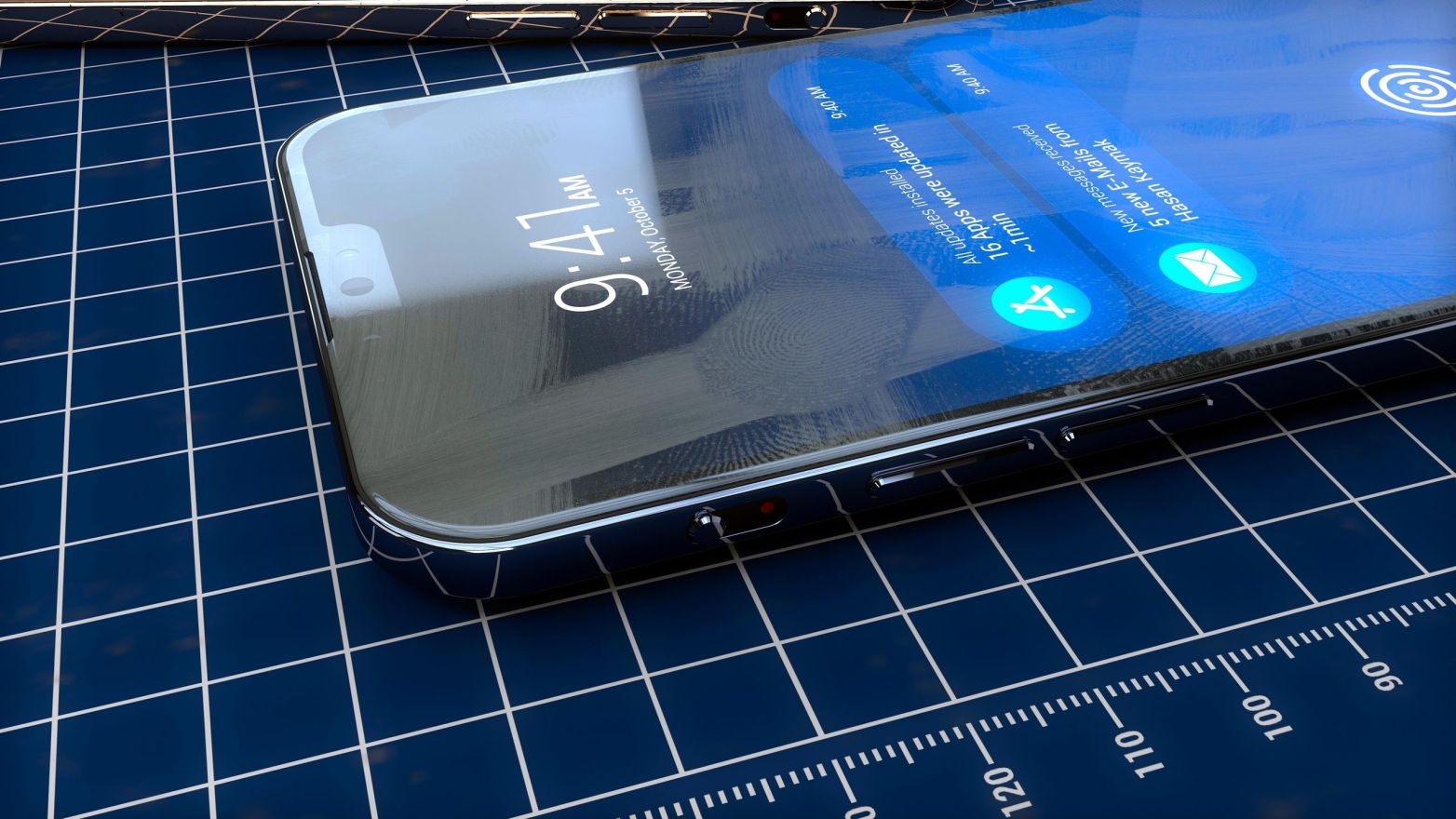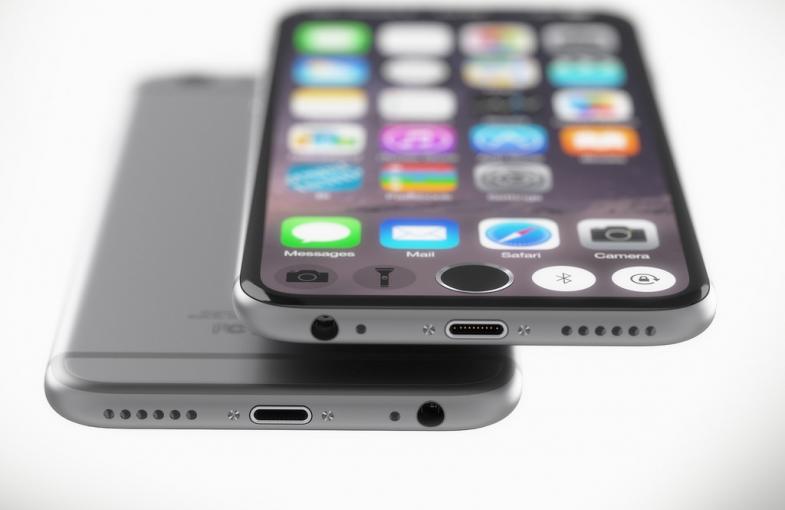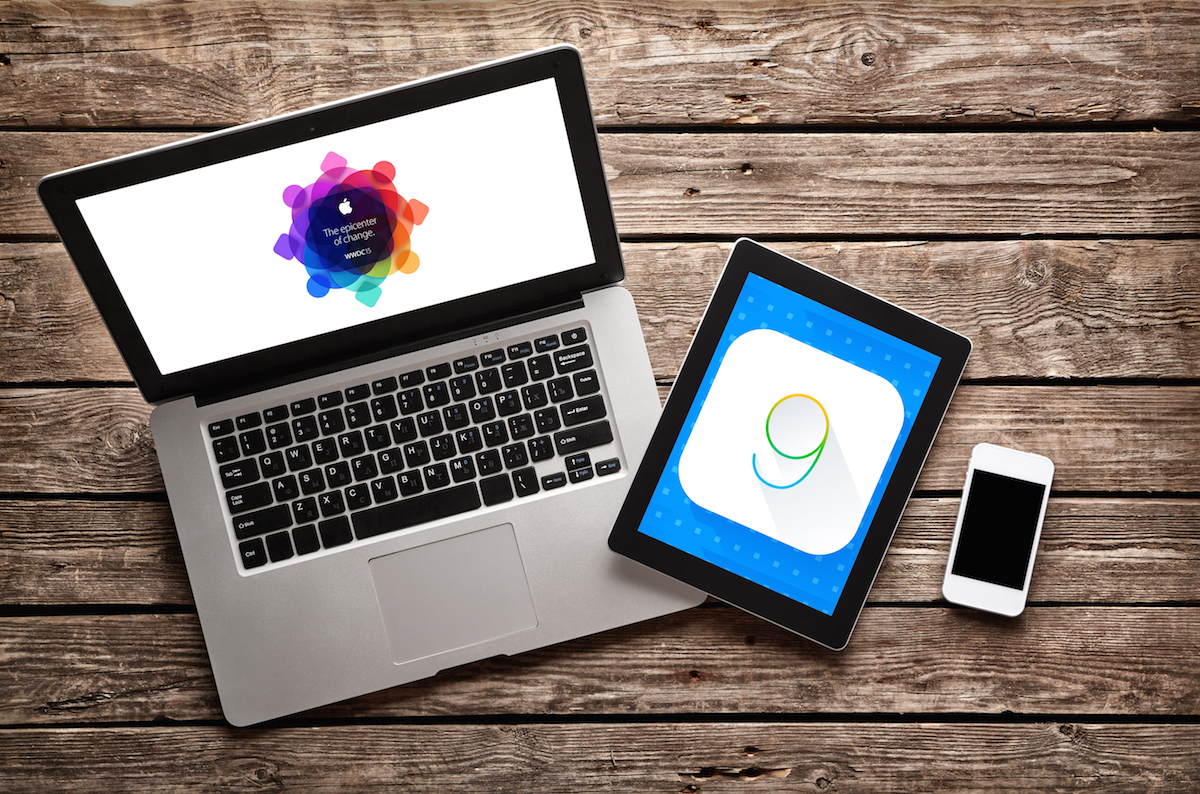In its bid to keep iOS devices safe, Apple doesn’t hesitate to ban apps that break its policies. Even apps by charitable or religious organizations are thrown out of the Apple store at the slightest provocation.
This June, Apple released an updated iOS version and new policies for developers. One particular rule has left gaming developers scratching their heads. Beginning later this year, the giant tech company will no longer accept nonnative gaming apps on its store.
Who’s most affected?
As mentioned, Apple is mostly targeting gambling apps. Most casino platforms create their mobile apps using HTML. This way, users don’t have to create apps and install them on their devices. Again, these web apps can be accessed on both Android and iPhones, which is cost saving.
With the new rule, there’s only one way for gaming apps to continue offering their services to Apple’s customers. They must redesign their apps from HTML to be native iOS apps. People familiar with programming, more so PhoneGap and related technologies, know it’s not a difficult job.
Unfortunately, Apple’s notice is inconveniently short and might catch many gaming platforms unprepared. Apple will block nonnative gambling apps very soon, and now that the date has been revealed, gaming companies only have a few months to make the necessary changes.
How will Gambling Companies React?
Apple is a huge market for mobile casino sites. And considering casinos are after maximizing profits, redeveloping their apps to comply with Apple is a small price to pay. So far, there’s no gaming app that has come out complaining about the issue, meaning companies have already started investing in native iOS apps.
Of course, casinos don’t have to do away with their nonnative apps. Google doesn’t have a problem with them, meaning they could use the apps to serve Android users. After all, more people own Android devices than iOS users.
Some companies could also go the extra mile and design native Android apps to avoid a situation where Google enforces a similar rule. But if history is anything to go by, the two archrivals rarely make similar decisions.
Google, for example, doesn’t allow gambling apps on its App Store. By comparison, Apple has no problems with gambling apps as long as they’re native. On the other hand, Apple doesn’t allow some social gaming apps, which is surprising because they consist of apps that don’t involve real money gaming.
What else has Apple Banned?
As it turns out, gaming apps are the most affected bunch by Apple’s new iOS rules. More industries are affected but it’s mostly a matter of making minor changes.
Safety and Data Privacy Rules
Apple’s updated safety rules are meant to keep its platform safe for users of all ages. Developers targeting kids must now adhere to tougher rules or face severe penalties. Including content that is age inappropriate or messages that encourage self-harm or discriminatory on any grounds will warrant tougher punishments than further back.
When it comes to data privacy, Apple grants more power to iPhone users. From now on, you’ll have greater control over what content apps can collect from you. If after a while you also regret sharing certain information with apps, you’ll have the authority to reverse your earlier permissions.
The days when you had to create an account to access app content are also now gone—all thanks to Apple. While apps will be allowed to encourage people to create accounts, they can’t deny users without accounts access to their services. Like all other rules, Apple has harsher rules for companies that break their data privacy policies.
Rush to Control Loot Boxes
After loot boxes became the center of gamers’ attention last year, most video game developers have quit supporting them. Some companies are still adamant about using loot boxes to maximize their profits, which is why Apple now has a new policy about them.
Apple won’t immediately ban loot boxes but its new rules aim to ensure gamers know what exactly to expect before purchasing any in-game items. First, developers must openly state the odds of receiving each loot item.
This is an ingenious move and one that will save iPhone owners lots of money. Usually, games would simply include skins and game characters to persuade players to pay the required amount. But to gamers’ surprise, acquiring their favorite items and characters was nearly impossible.
Apart from revealing odds, Apple will also require developers to offer in-game items free of charge for a while before charging for them. What this means is that you’ll no longer have to purchase an item to know whether it’s good or not. Games must now avail skins and game characters to you for a short while. After that, you can choose whether or not to purchase those items.
Hunting down Copycats
Apple has always held developers to a higher standard when it came to providing quality apps. And with its latest policies, expect more apps to be removed from its store. Of course, there is the issue of Apple not being able to distinguish originals from copy cats.
However, Apple has vowed to remove any new apps that share striking resemblances with existing apps. Developers that think they’re original but have very little content on their apps will also be rejected. Part of Apple’s future resolutions is to promote developers that provide rich content.
Apple even singled out a few types of developers. Notably, AR developers have been taking advantage of users’ relatively little knowledge about the technology and only doing the bare minimum to get Apple’s approval.
Another problem the tech giant has promised to put an end is having developers that don’t disclose the size of their apps. Whether it’s a new app or additional files, developers will be required to reveal the exact size of files their apps contain.
To Conclude
In a few months, your favorite gaming app may be banned on iOS devices. Not that Apple has vowed to remove all gambling apps; the company simply wants all gaming apps to be specially designed for iPhones and iPads.
Companies that previously offered hybrid apps that could work on both iOS and Android devices have a few months to enforce changes. Apple also features more rules for developers, all meant to improve the experience of its customers.
Thanks for reading this article. If you're new here, why don't you subscribe for regular updates via RSS feed or via email. You can also subscribe by following @techsling on Twitter or becoming our fan on Facebook. Thanks for visiting!




















































































































































































